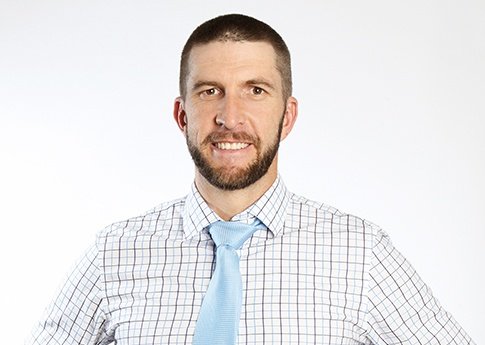How mentors can help your career
If you’re serious about your career, you know that you need to be serious about professional development to get you to the next level and stay on top of your game. Undoubtedly, having a mentor is one of the best ways to get feedback, encouragement, and a much-needed reality check here and there. Finding a mentor – much less one that will suit you well – can be challenging, so it’s worth taking time to consider the best way to approach your potential mentor, and how to make the most of the opportunity.
Generally mentors are with people who’ve significantly more experience than you, and ideally be in a position that you aspire to. Though dependant on how senior you are, seeking out someone with a higher position isn’t always necessary. You may need someone on par with you so you can use one another as a sounding board and to bounce ideas off.
Ask yourself, what do they bring on a personal level? Is this someone you want to be like in personality as well as position? Think about the traits you aspire to or the knowledge gaps you want to fill – perhaps your mentor is brilliant at solving difficult problems, has high social intelligence, or has a wider network than you. Ideally, your mentor will offer complimentary traits and be someone who can add value and/or is a better version of who you envisage you’ll become.
“I seek out people to talk to and become friends with people that inspire me. I also focus on industry folk, so I don’t have to give too much context.” Nick Saclley, National General Manager Watpac
Building the relationship
The first place you’ll look for a mentor is within your professional networks, but consider that your mentor doesn’t necessarily have to be in your industry.
“I have mentors in the business and also outside the business. You can find guidance and mentorship anywhere you look for it. Personally I don’t think it needs to be formalised.” Dan Hinton, Group General Manager St Hilliers
You can meet people through volunteering, professional development organisations, or networking events who may be on a different career path, but have some valuable experience to bring. Meanwhile, some workplaces offer a formal mentoring program within the company so explore these options too.
“We run a mentor program at Watpac and encourage people to find one within the business. Everybody needs a mentor, starting with a buddy for the junior burgers which allows the transfer of IP and provides guidance – it works quite well.” Nick Saclley, National General Manager Watpac
Forming a mentor/mentee relationship takes time. Sending an email request to someone you barely know will be unlikely to get a response, while directly asking someone can put them in an awkward position. If you’ve identified someone you’d like to mentor you, take the time to organically build a relationship – start by seeking advice from them about something small over a coffee meeting, follow them on LinkedIn, engage in their content, and from there, working into a mentor/mentee relationship should become more natural over time.
Making the most of the opportunity
So you’ve found a mentor, you’ve successfully built a professional relationship, and they’re on board. Getting the best out of your mentor, first and foremost, means being an easy mentee. Take their advice earnestly, ask for feedback, and have an appreciation for constructive criticism.
“Mentorship only works if you are open to receiving feedback. It’s good to have someone that looks at things through a different lens.” Dan Hinton, Group General Manager St Hilliers
Meanwhile, set clear expectations on the relationship – will you have a formal meeting monthly, or have ongoing casual communication? You can get the most from your mentoring arrangement by planning what you hope to achieve, and mapping out defined goals along with how your mentor can help you achieve them.
No two mentoring relationships will be the same, but approaching the opportunity with thoughtful consideration can put you one step ahead in your professional goals and career development.






